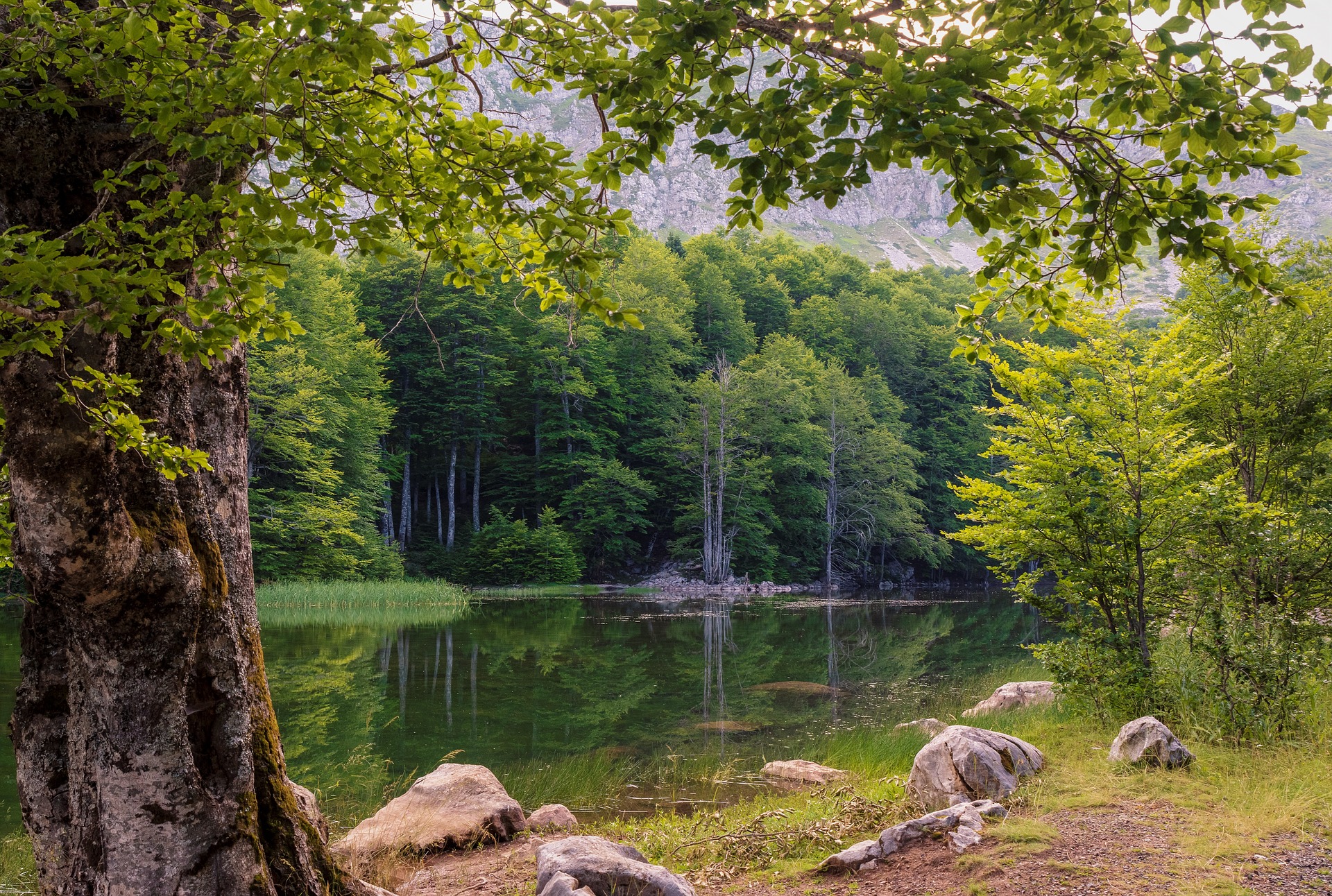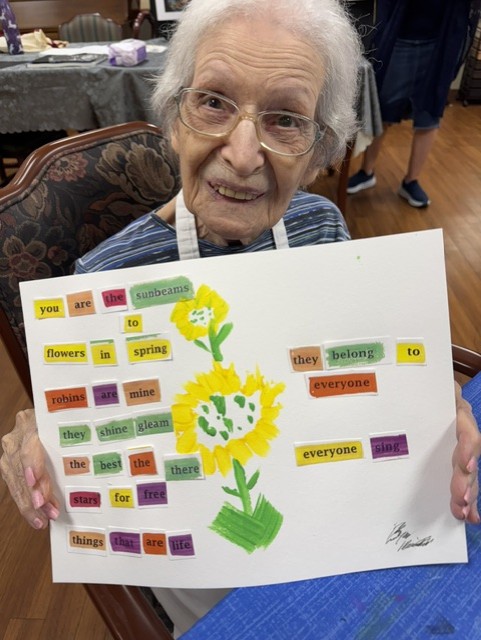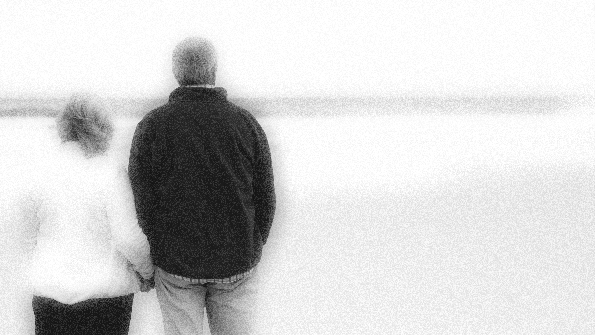One of my high school teachers loved to quote Henry David Thoreau, the great 19th century sage who spent two years on Walden Pond. My teacher’s favorite quote was:
“The earth laughs in flowers. And this, our life, exempt from public haunt, finds tongues in trees, books in the running brooks, sermons in stones, and good in everything.”
Ecopsychology
Many find solace in nature. In college, I spent two summers in the Olympic National Park in northwest Washington state. This exposure to wilderness hiking and camping made a lasting impression on my life and how renewed I feel after a walk in the woods.
The Yale University School of the Environment recently published a study of 20,000 people, reported in an article by journalist Jim Robbins. He wrote that “a team led by Mathew White of the European Centre for Environment & Human Health at the University of Exeter found that people who spent two hours a week in green spaces — local parks or other natural environments, either all at once or spaced over several visits — were substantially more likely to report good health and psychological well-being than those who don’t.” Robbins termed this “ecopsychology.”
I recall spending the summer of 1975 in solitude, high in the Olympic Mountains listening to a small transistor radio, when Richard Nixon resigned the presidency. At once I felt isolated but also strangely at peace — comforted by the sounds of nature, the stunning beauty of the alpine forest around me and the sounds of the wind.
“Spiritpsychology”
Maybe the same is true for our spiritual lives. We might also need a new term like “spiritpsychology.” There is a thin space between the natural world and the spirit world. Often people recall feeling a sudden sense of harmony that includes a closeness to the divine. We not only see sermons in stones but also God’s presence, communicating to our hearts.
Making time for the sacred, like making time for nature in our lives, may be more important now than ever. As we cope with pandemic stresses, Zoom fatigue and an onslaught of noise from our devices and screens, our spirits are under assault in new ways.
Nature’s Effect on Us
How quickly did public officials act to open parks, forest preserves and other natural areas. Finding renewal and refreshment outdoors is one way to dissipate anxiety and stress. It lets kids burn off steam from being cooped up inside. It is also a way to draw closer to an essential part of our humanity when we are close to nature.
Two hours a week for nature seems very doable, doesn’t it? How much time could we set aside for the sacred in our lives? Maybe the two are related and reinforce each other. I had been participating in a weekly yoga class held at a local church. The spirituality of yoga, combined with its physical movements, muscle strengthening, and mindfulness, has been extremely beneficial for body and soul.
Self-Reliance
How easy, though, for the demands of work and family to push aside time for the sacred. In our American context, we elevate work to a level of importance, where the line between working to live and living to work are blurred. We take fewer vacation days than many other countries. We look askance at workers displaced by the pandemic — those who have yet to find jobs in our newly disrupted economy.
We sometimes make a kind of religion of work and our “bootstrap” self-reliance. We are what we do. When that is taken away, the house of cards can collapse.
Work in Retirement
As Boomers cope with retirement, they are rethinking the way they want to live. Increasingly, many want to take up “encore” careers. Often, we hear them proudly proclaim of being busier in retirement than when they worked. It is kind of a badge of honor and our American value to stay productive.
This isn’t all bad, of course. Retirement can be a time to shift gears to do more of what we want rather than what the boss wants. Having time for new activities, learning new things and having new experiences are very good.
Making Time for the Sacred
But can we also make use of the time to find purpose and to reflect. Older adults may be more able to cope with the contemporary crises we are experiencing now because they bring a perspective and a balance of body and soul mindfulness. Some find that having more time also includes a new openness to the inner life of the soul.
We can’t all rush out to Walden Pond. But finding a renewed sense of connection to nature, to the sacred and to the soul may be key ingredients to deeper satisfaction in life, especially after retirement. While we lament aging, one of its unsung benefits may be exactly what the doctor — and our faith leader — has ordered for us. Time is one finite resource that we need to take care of as we take care of ourselves.
View all articles by:






















